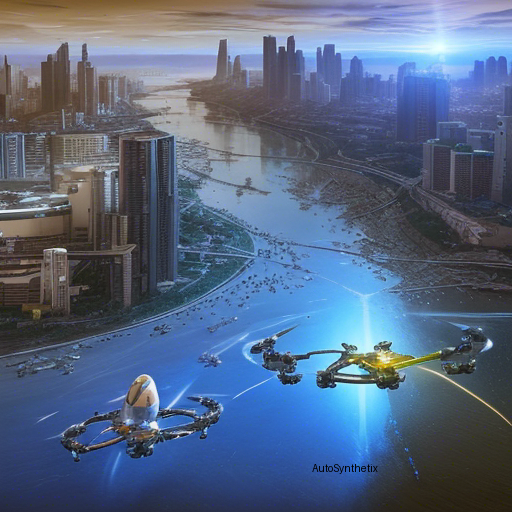Introduction
Nature's fury often leaves behind a trail of destruction, impacting critical infrastructure including our electric grids. Disruptions caused by extreme weather conditions like hurricanes, tornadoes, blizzards, or seismic activities compel utilities into a race against time to restore services swiftly amidst immense challenges. Amid these chaotic scenarios arises a groundbreaking study proposing a "Rolling Horizon Restoration" approach using advanced optimization techniques to revamp disaster-hit electricity distribution systems efficiently.
The Proposed 'Rolling Horizon Restoration' Strategy
Authors Ran Wei et al., through their research published under the aegis of ArXiv, delve deep into a novel strategy termed as 'Rolling Horizon Restoration.' The concept revolves around dividing the herculean task of restoring an entire grid after disruption into manageably sized segments called 'Restoration Windows'. Within every segment lies a carefully crafted plan detailing resource allocation optimally, considering various parameters affecting timely completion. The essence of this methodology hinges on balancing two crucial aspects – minimization of downtime while ensuring maximum efficiency.
Confronting Uncertainty Head On
One significant challenge in post-catastrophy rebuilding efforts stems from uncertainties surrounding the scope, scale, and location of devastation. As first responders gain traction within affected areas, they gather data piecemeal, gradually painting a clearer picture. However, early stages remain riddled with informational voids, making traditional workforce deployment methods less efficient. Here enters the innovative application of mathematical modeling via Mixed Integer Linear Programming (MILP).
Optimality Through Mathematical Modeling
By leveraging MILP models, planners can account for myriad real-world complexities encompassing different teams, disparate time frames, varying skill sets required per team member, diverse tasks demanding specific expertise, along with interconnectedness between jobs sites. The algorithm aims to solve a Traveling Salesperson Problem (TSP) variant on doubled-weighed graphs, concurrently addressing two objectives—maximum possible rewards achieved over the current restoration period without breaching any individual team's predefined time limits. Additionally, the proposed solution ensures adherence to vital electrical connectivity norms.
Significance & Future Outlook
Incorporating cutting edge artificial intelligence tools in the wake of catastrophes holds tremendous potential for expediting service recoveries following widespread calamities. By streamlining logistics, strategically allocating human capital, intelligently integrating transportation requirements, and maintaining structural integrity, this newfound technique could significantly reduce the duration of blackouts caused by nature's wrath. Undoubtedly, further advancements will continue refining existing algorithms, opening avenues towards even smarter solutions in handling future crises effectively.
As technology advances hand in glove with scientific understanding, pioneering studies like this one instill hope in mankind's ability to devise ingenious strategies tackling seemingly insurmountable challenges posed by Mother Nature.
Source arXiv: http://arxiv.org/abs/2404.03197v1
